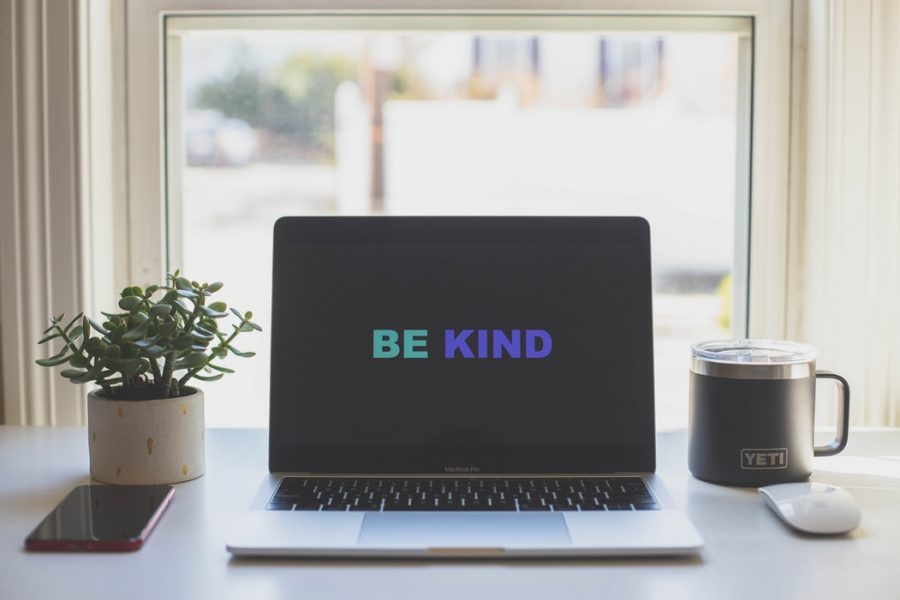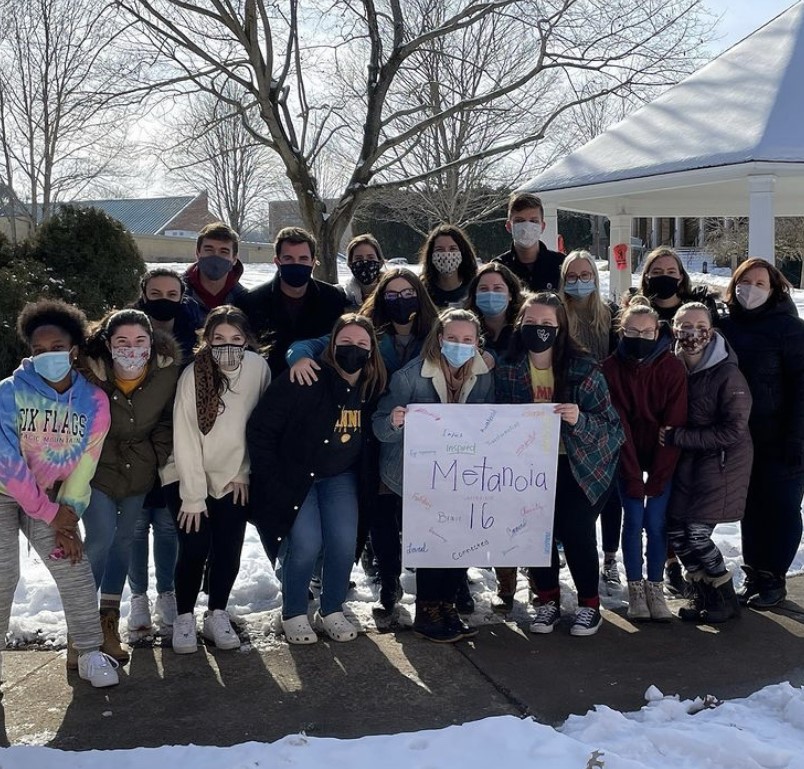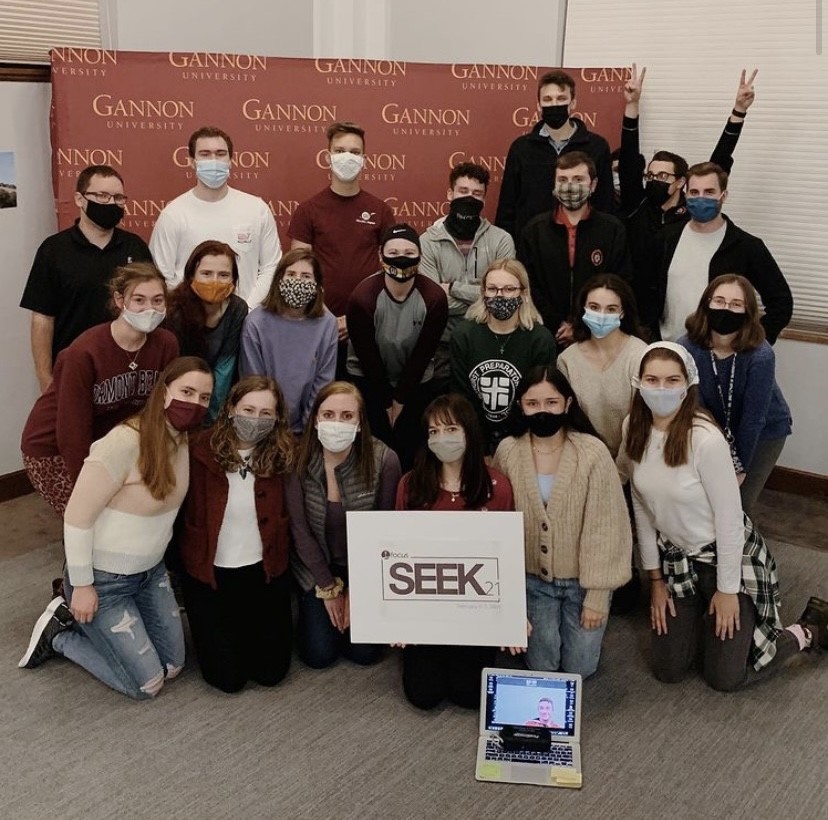Gannon’s campus is in a more urban setting, which makes it a place full of diversity.
The university itself also has a diverse student, faculty and staff population. This diversity exists in gender, race, socioeconomic status and thought.
Because of this, those in this area have exposure to many people who look differently, think differently and likely grew up differently than themselves. It’s quite beautiful.
Some may think nothing of this or even dislike diversity or certain groups of people to a degree, but I’ve noticed greatly how much this has taught me to find God’s love in every person, not just those who are similar to myself.
It’s really easy to get along with and love someone who looks, thinks and acts like you. What’s challenging and thought-provoking is loving someone even when they may not value the same things as you.
Dorothy Day once explained why this challenge is important when she said, “I really only love God as much as I love the person I love the least.”
Loving like Jesus means loving unconditionally. No form of diversity is a condition that falls exempt to this love.
Gannon’s campus is filled with people who live like this, regardless of whether they are aware of it or not.
People hold doors here. They say “Hello!” and “Good morning” on AJ’s Way, even on bad days.
This sense of love and family is what drew many to this campus.
While the overall sense of love and family is strong on campus, I know I still personally struggle with truly loving all people sometimes and I have a feeling that others share this struggle.
For example, I was talking with someone recently about a homeless person who was camped out literally on their front doorstep.
I listened to her explain the situation of wanting to go in to her apartment but not wanting to talk to him and being nervous about what could happen.
While it’s reasonable to be cautious of someone you don’t know, I couldn’t help but notice the attitude toward this person in the story.
I wondered about what would happen if they took the time to talk to him, ask his name, find out about his situation and maybe even point him in the direction of services he may need in the neighborhood.
In short, I wondered what would have happened if they treated him as fully human.
It may sound drastic to say they treated him as less than human considering the reasonable caution, but I still think it wouldn’t have hurt to try talking first rather than avoiding him.
This is just one example of encountering those who are different, but I think the sentiment can apply elsewhere.
Maybe you hear someone you don’t know too well talking negatively about life and you think, “Wow, that person is such a downer,” when in reality, they are going through a tough time you have no knowledge of.
It’s easy to judge; it’s harder and often more rewarding to treat someone as fully human.
Everyone goes through struggles and challenges in life and taking the time to talk to someone can help spread love rather than judgment. Often times, you can even make a new friend or hear some great stories.
ADRIANA LASKY
[email protected]










